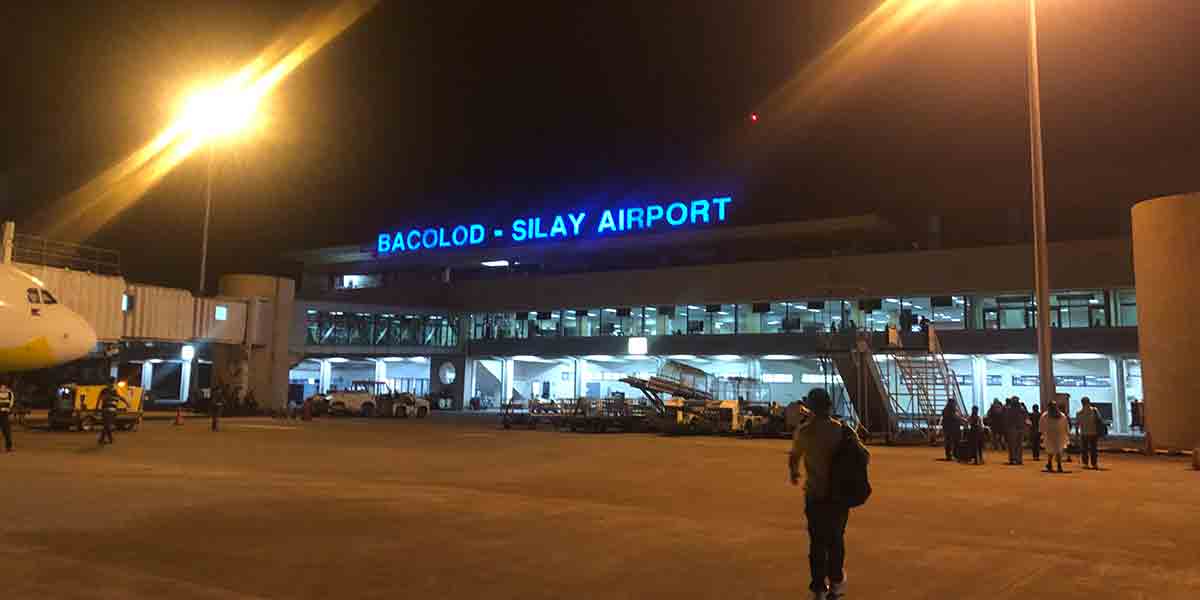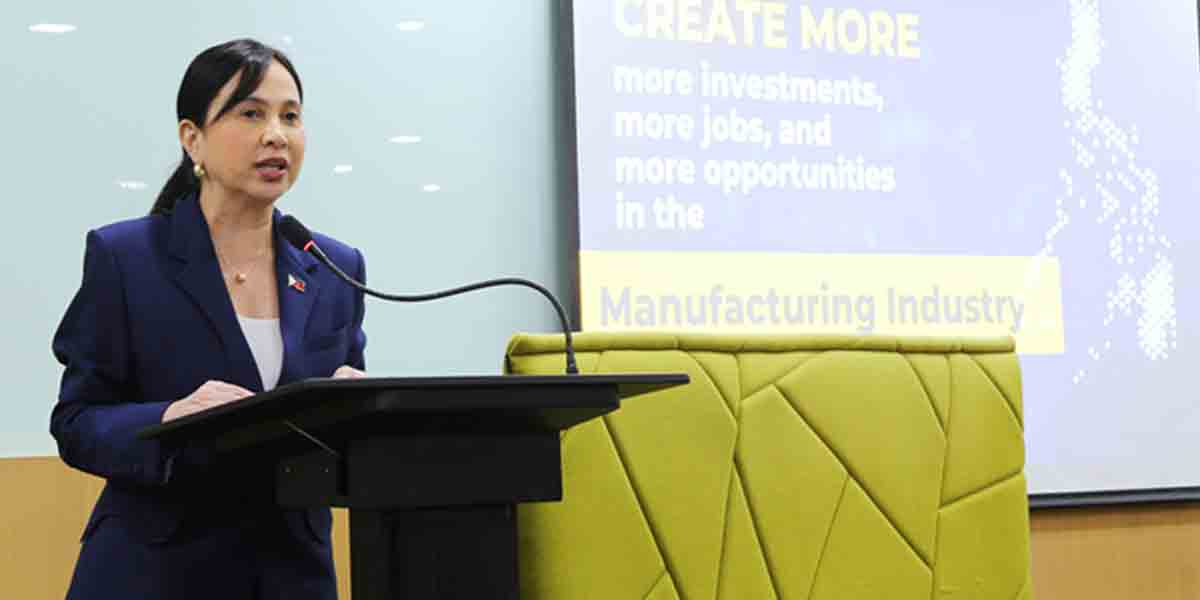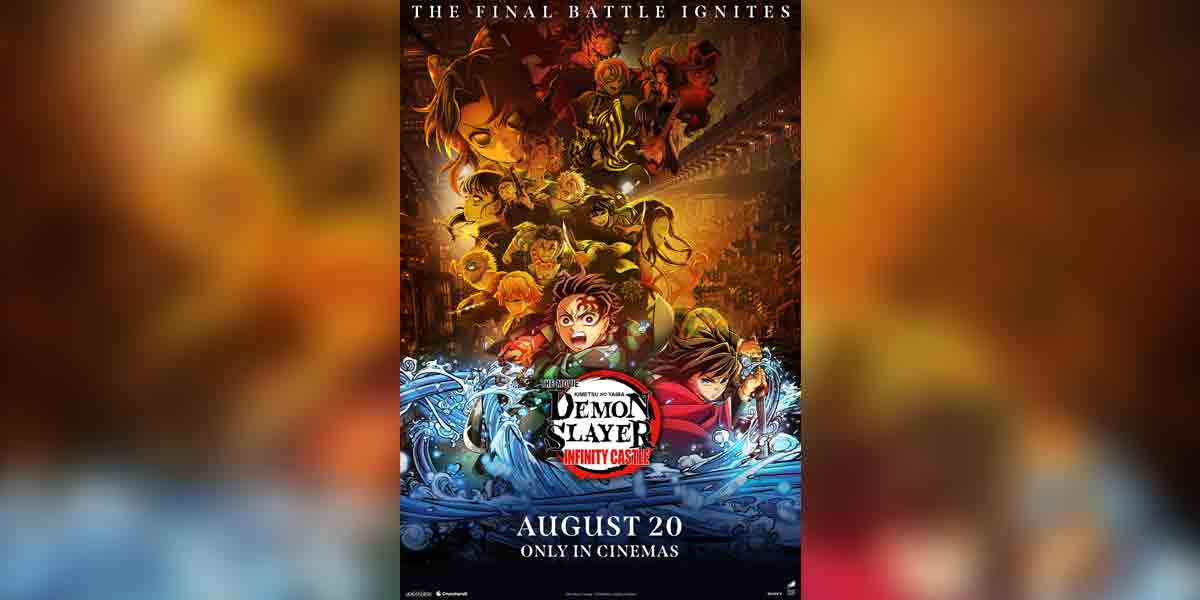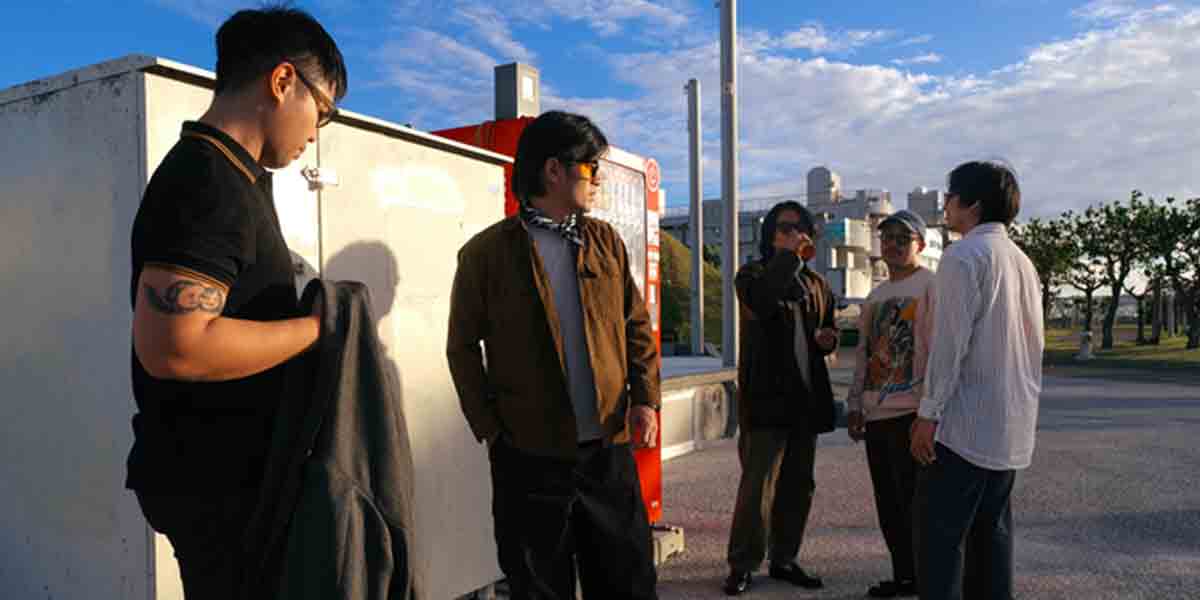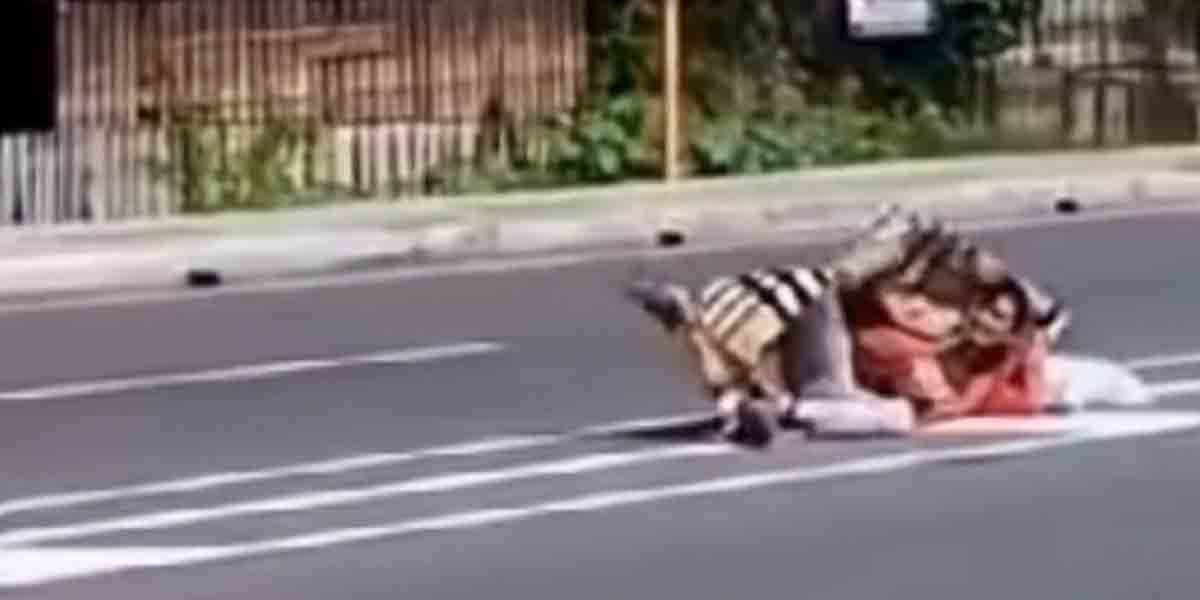By Engr. Carlos Cornejo
If we Catholics are asked, “Are you saved?” Our answer should be we are being saved. Our sins are being healed. Our spiritual life is being restored. We are being drawn more deeply into full communion with God in Christ. We Catholics view salvation as a process rather than a one-shot deal. And if we are asked when did that process start? We can reply that it started in baptism.
Our salvation is both active and passive. Passive salvation or justification means Christ’s suffering and death on the cross was for the satisfaction or payment for the sins of men. “For even the Son of Man did not come to be served, but to serve, and to give his life as a ransom for many.” (Mark 10:45) And active salvation means we still have to apply to ourselves, the graces that Christ gained for us in his suffering and death. “Continue to work out your salvation with fear and trembling.” (Philippians 2:12) In other words, our salvation is always a combination of God’s grace and our cooperation to those graces worked out in our lifetime. As St. Augustine would say, “God will not save us without us (or without our cooperation)”.
The process of salvation means healing us from our sinfulness so as to gain the divine life of God. Sinfulness is like being a faulty appliance or a faulty car and salvation is getting repaired and restored again. Sinfulness is being imprisoned and salvation is being set free. Sinfulness is being in the dark and salvation is light. “When Jesus spoke again to the people, he said, ‘I am the light of the world. Whoever follows me will never walk in darkness, but will have the light of life.’” (John 8:12) Sinfulness is losing one’s way from the right path much like our first parents being banished from the Garden of Eden or the prodigal son who found himself outside of his father’s home. (Luke 15:11-32) Christ who gives salvation, is the one who heals us, repairs us and brings us back to the right path and the right place in life. Salvation is being brought into Christ and being “Christified” so to speak, to become like Christ. “So, whoever is in Christ is a new creation: the old things have passed away; behold, new things have come.” (2 Corinthians 5:17)
We achieve our salvation through prayer, good works and reception of the sacraments. Sacraments are rites instituted by Christ to give grace and acquire the divine life. Sins especially mortal sins kill the divine life in us. The Sacrament of Confession restores that divine life. The Holy Eucharist feeds the divine life. The Sacrament of Confirmation strengthens the divine life. The Sacraments of Matrimony and Holy Orders gives direction to our divine life. The Sacrament of Baptism gives birth to our divine life and the Sacrament of Anointing of the Sick strengthens our divine life as we transition to the next life. There is a sacrament for all our spiritual needs from womb to tomb.
Prayer and good works or virtues completes the salvation picture. Prayer is indispensable since we need to develop an intimate relationship with God and relationships can only grow through communication and bonding between two parties. And of course, virtues or good works since faith without good works is dead. “As the body without the spirit is dead, so faith without deeds is dead.” (James 2:26) Good works simply embodies the saying, “Action speaks louder than words”.
Christianity is a religion of salvation. The main mission of the Catholic Church is the salvation of all souls. It therefore presupposes that we are all broken and in need of healing. The Church is a hospital for sinners and the doctor is Christ. We are all in the process of healing until we die. Those who have been fully healed of their sins go to Heaven. Those who have not been fully healed after death go to Purgatory. And those who don’t want to be healed and remain in their sins go to Hell.




